1. Showing Up Unannounced at Your Home or Work
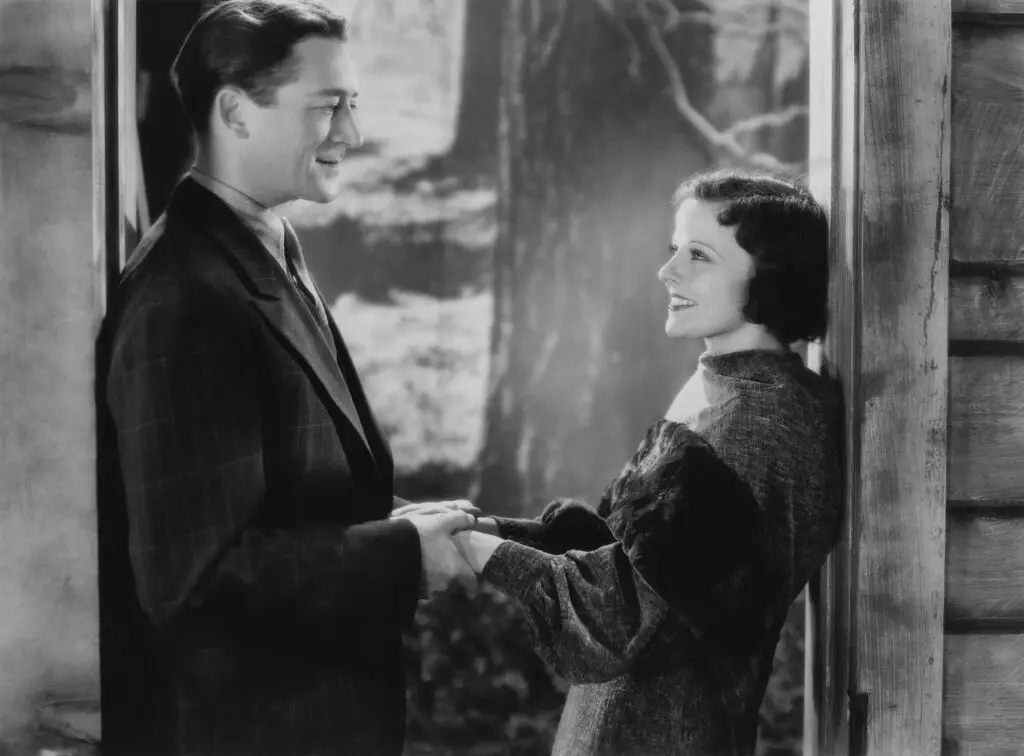
Back in the day, popping by someone’s house without warning was seen as sweet and spontaneous. It was a grand gesture, like saying “I couldn’t wait to see you” with your presence instead of a text. Movies made it look dreamy—just imagine someone standing at your door, rain-soaked and holding flowers. But today, that kind of surprise is more likely to inspire anxiety than butterflies shares BuzzFeed.
In our world of schedules, boundaries, and personal space, showing up uninvited feels intrusive. It doesn’t give the other person a chance to prepare or say no. It assumes access to their time without consent, and that’s a red flag. Romance isn’t about taking—it’s about respecting someone’s space and privacy adds CNBC.
2. Making Jealousy a Sign of Love
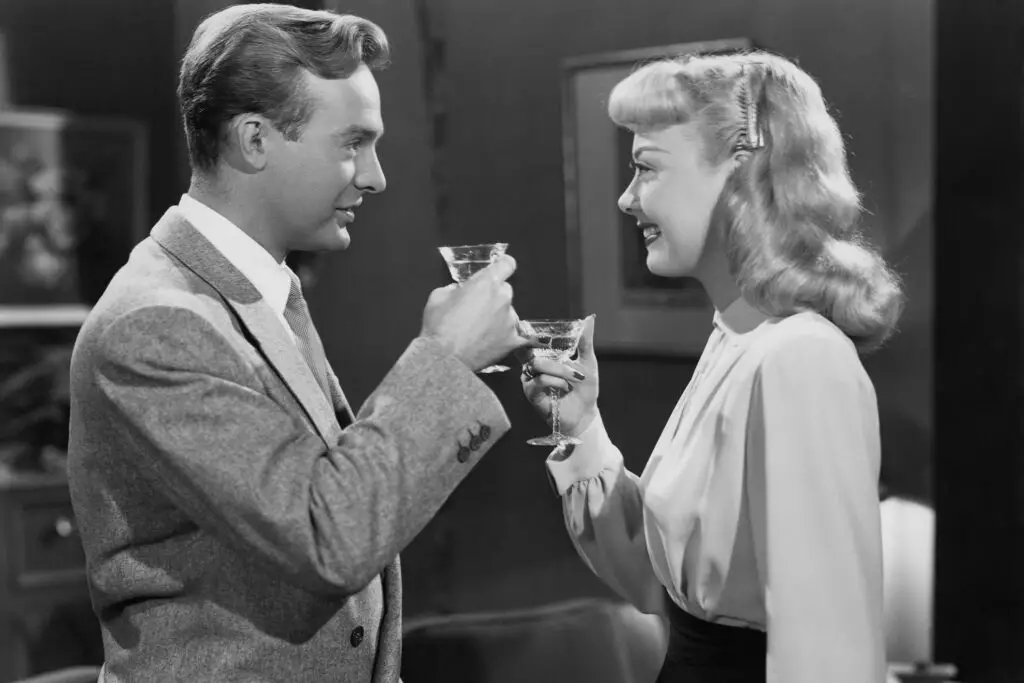
There was a time when someone getting jealous was interpreted as proof they cared. If they glared at anyone who looked your way or grilled you about your exes, people called that passion. Some even believed jealousy was sexy, like it meant you were just that irresistible says Nature.
Now, we know it’s often a sign of insecurity or control. A partner’s need to monitor your interactions or feel threatened by your independence doesn’t point to romance—it points to possessiveness. Healthy love thrives on trust, not fear or suspicion. If someone can’t handle you having your own life, that’s not love—it’s a problem explains VeryWell Mind.
3. Writing Dozens of Letters a Day

Love letters are beautiful, no doubt about it. But during some points in history, people would send multiple letters a day, chronicling every thought and emotion with relentless intensity. At first, that seems kind of dreamy—like being wrapped in someone’s constant affection.
But if someone were texting or emailing nonstop today, we’d probably feel suffocated. Constant contact with no space to breathe can feel obsessive instead of romantic. It crosses the line from sweet to clingy fast. Everyone needs a little distance, even in love.
4. Threatening to Die for Love
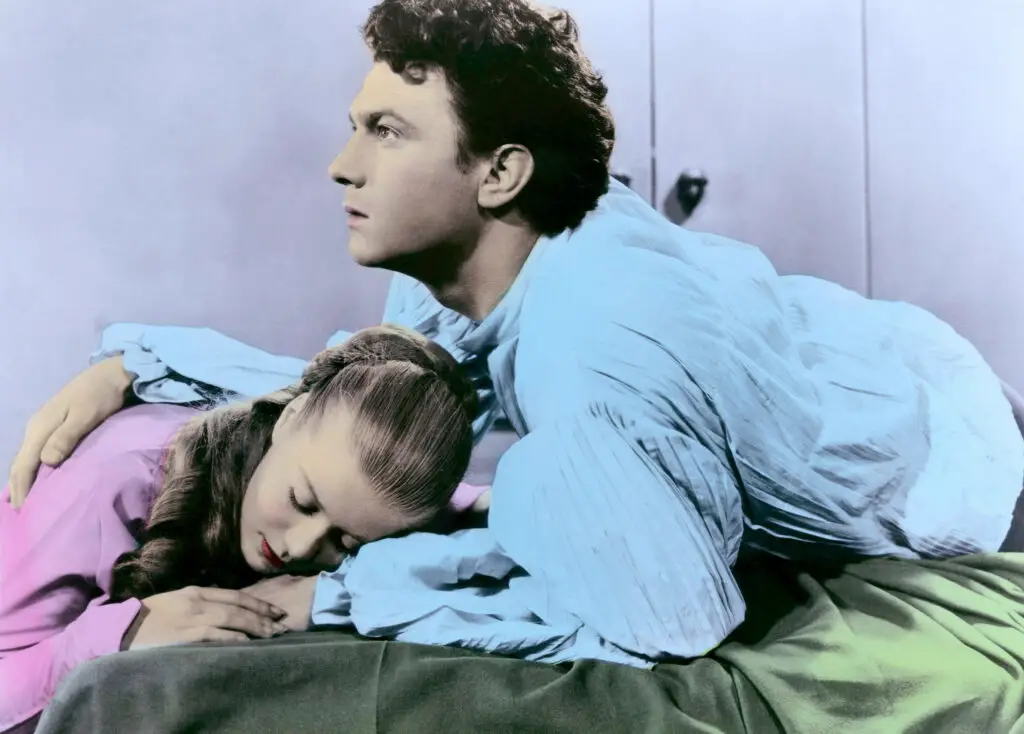
In classic literature, love was often measured by how far someone was willing to go—even if that meant death. From Romeo and Juliet to dramatic love poems, romantic despair was worn like a badge of honor. Saying “I can’t live without you” used to be considered the height of devotion.
Today, that kind of talk raises alarms. Tying one’s mental health or survival to a relationship is a huge red flag. Emotional manipulation or codependency isn’t romantic, it’s dangerous. Love should make you want to live more, not threaten your life if it ends.
5. Kidnapping or “Sweeping Her Away”

There was a time when sweeping a woman off her feet meant quite literally taking her away from everything she knew—sometimes even without her say-so. Think of all those old stories where the “hero” whisks the woman off without asking what she wants. It was sold as exciting, spontaneous romance.
But today, that sounds more like a true crime podcast than a fairy tale. Taking someone away without their consent—whether emotionally or physically—is controlling. Romance needs to include choice and communication. If someone’s not given a say, it’s not love, it’s control.
6. Reading or Stealing Someone’s Diary

Once upon a time, characters in stories would read each other’s diaries and call it love. “I just wanted to know more about you,” they’d say, after snooping through someone’s most private thoughts. And somehow, we were supposed to swoon instead of cringe.
Today, privacy is non-negotiable. Reading someone’s diary, messages, or journals is a serious breach of trust. If you want to know someone better, you ask—you don’t spy. There’s nothing romantic about ignoring boundaries to satisfy your own curiosity.
7. Making Big Public Declarations Without Asking
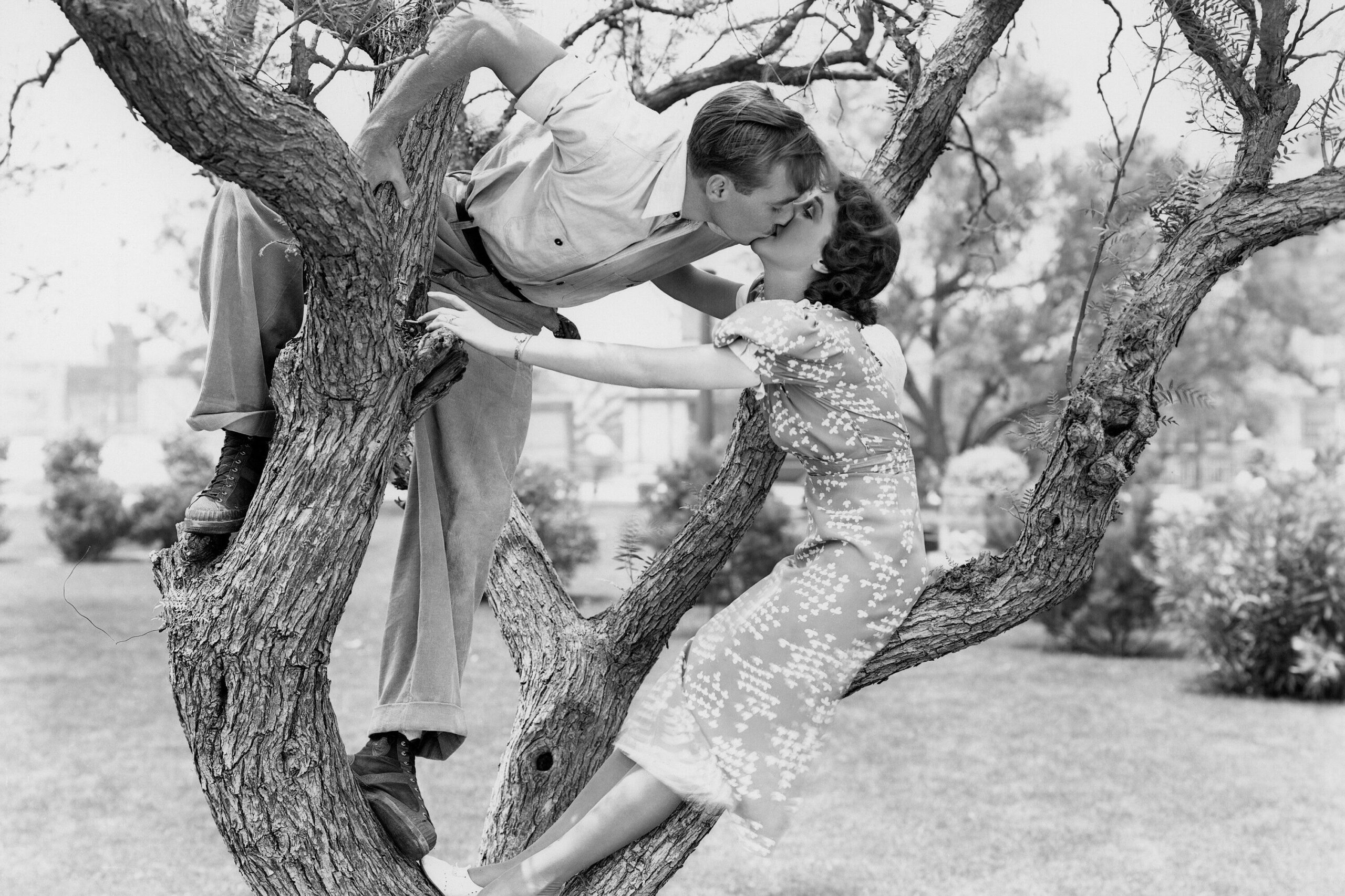
Picture a grand gesture—a man showing up with a megaphone, professing his love in front of a crowd. In decades past, it was seen as bold and wildly romantic. People loved the idea of being “won over” by a surprise public display.
But now, that just feels like pressure wrapped in confetti. Public proposals or declarations without checking in first can put someone in an uncomfortable spot. It prioritizes the performer’s feelings over the other person’s comfort. Romance should never rely on embarrassment or guilt to get a “yes.”
8. Asking for a Kiss as a “Reward”
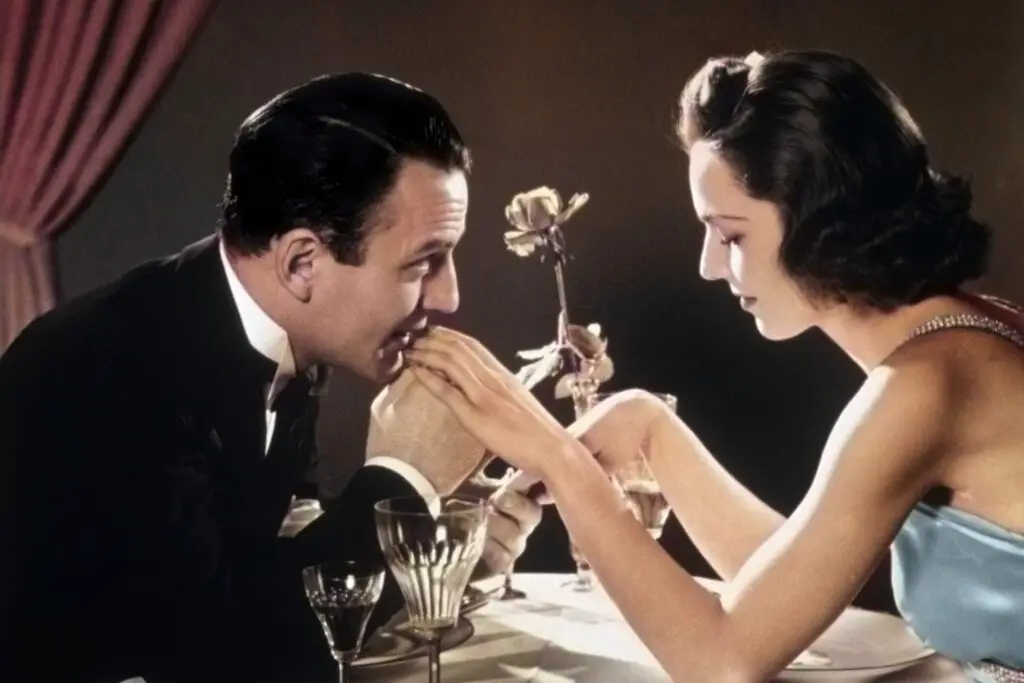
In many older films and stories, men would do something brave or helpful and immediately lean in for a kiss—no words, no permission. The implication was, “I did this for you, so I get this in return.” And it was framed as dashing or heroic.
Now, we recognize how problematic that is. Affection isn’t something you earn by doing a favor—it’s something freely given. Expecting intimacy in return for kindness or action turns romance into a transaction. Consent and mutual desire are the real love languages.
9. Never Taking No for an Answer
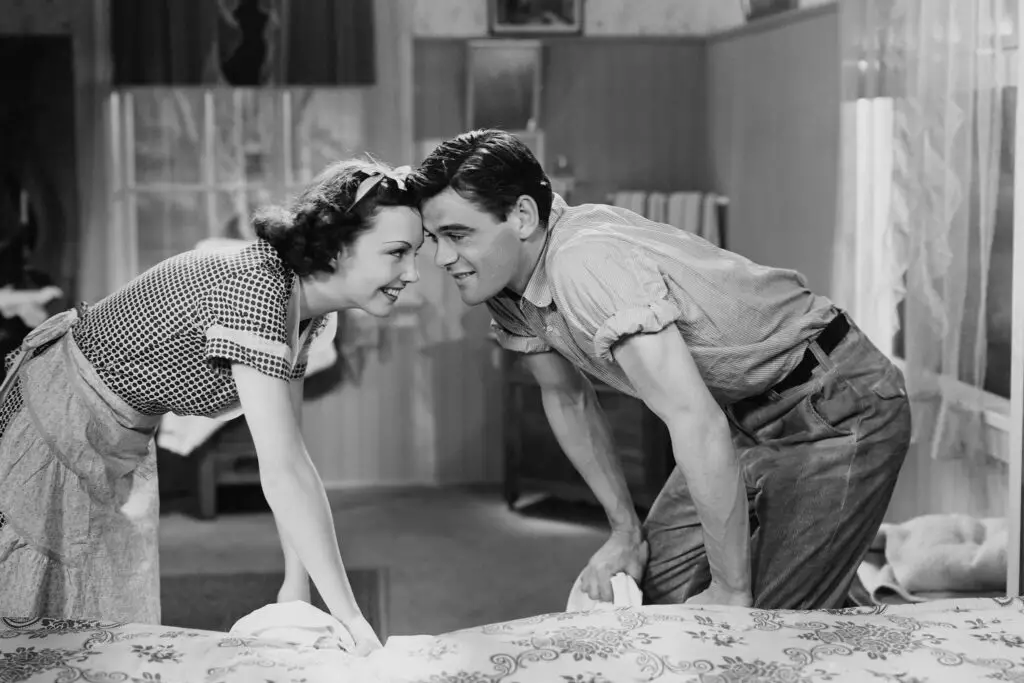
Chasing someone relentlessly used to be seen as perseverance. If she said no, he’d just try again—and again—until she caved. Movies taught us that true love meant never giving up, even when the other person clearly wasn’t interested.
But now, we see that kind of behavior for what it really is: ignoring boundaries. No means no, not “try harder.” Respecting someone’s choice not to be with you is basic decency. Love shouldn’t require persistence that borders on harassment.
10. Buying Lavish Gifts Too Soon

Showering someone with expensive gifts early on was once seen as a sign of serious romantic intent. Jewelry, trips, even homes—some people saw it as a fast-track to love. Who wouldn’t be flattered by that kind of attention, right?
Today, that can feel like love bombing. It’s a tactic often used to impress or overwhelm someone before they really know what’s going on. Big gifts too soon can create a false sense of intimacy or obligation. Real love builds slowly—it’s not bought, it’s earned.
11. Saying “You Complete Me”
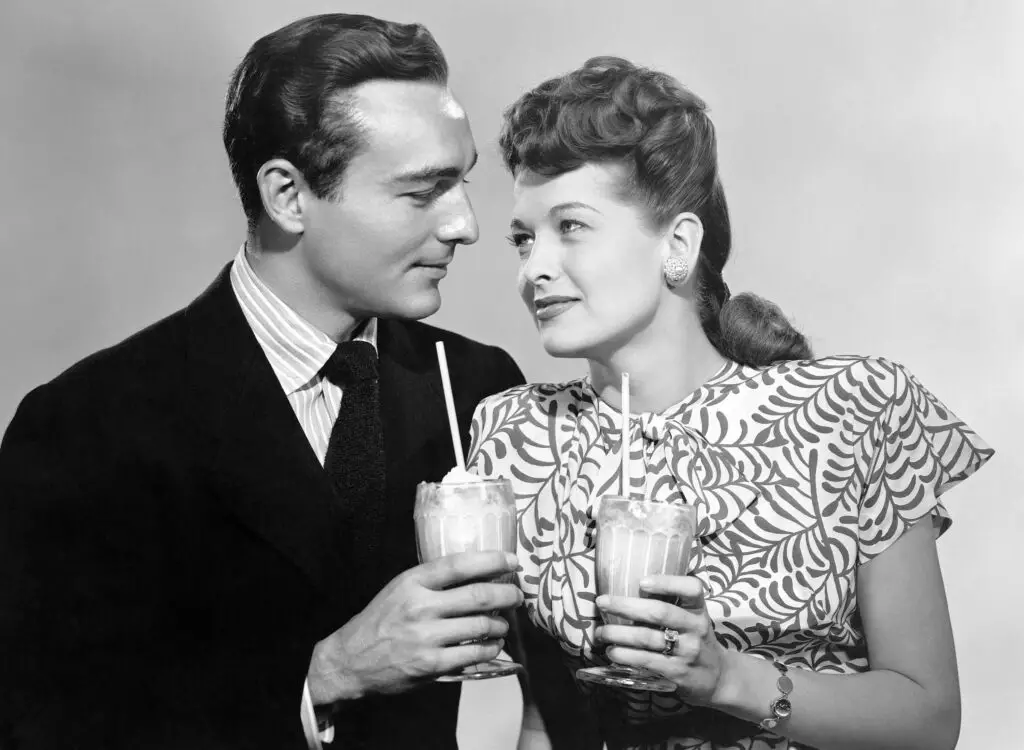
That iconic line from Jerry Maguire made everyone melt in the ’90s. And for a while, people genuinely believed that romantic partners were supposed to fill in every gap in your soul. “You complete me” became shorthand for true love.
But these days, we aim to be whole on our own first. Depending on someone else to make you feel complete can lead to codependency and unrealistic expectations. A partner should complement you—not be your missing puzzle piece. Healthy love adds to your life, it doesn’t patch it together.
12. Keeping Love a Secret from the World
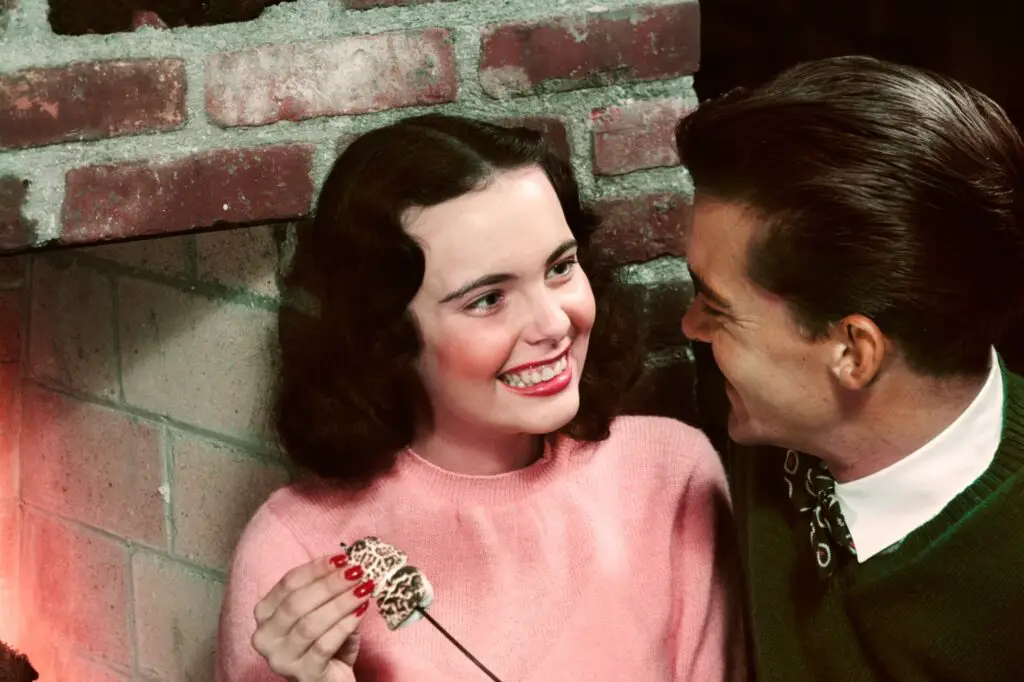
In old-school romances, there was something thrilling about a forbidden love. Sneaking around, hiding feelings, pretending nothing was happening—it was all part of the story. And for some, secrecy was just another layer of the romance.
But now, secrecy feels shady. If someone doesn’t want to tell anyone about you, that’s usually a red flag. Love doesn’t need to be paraded, but it also shouldn’t be hidden. Real romance exists out in the open, not just in the shadows.
13. Tracking Someone’s Every Move
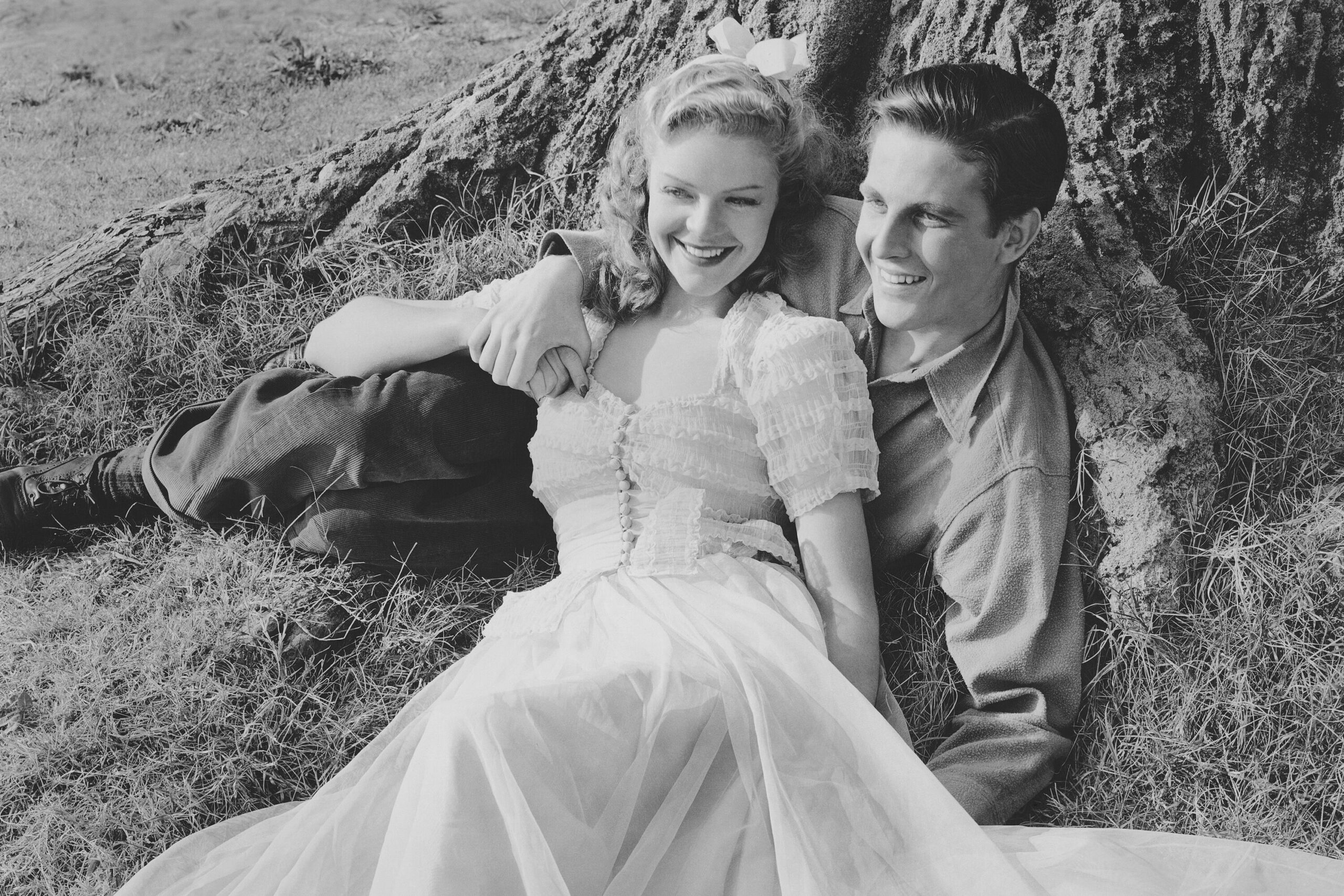
Before smartphones and GPS, people used to go out of their way to find out where their significant other was. Calling their house repeatedly, asking friends for updates, or even showing up at places uninvited were framed as signs of concern or devotion. It was seen as protective—like keeping tabs meant you really cared.
Now, that level of tracking is a major invasion of privacy. Whether it’s checking someone’s location constantly or scrolling through their social media likes, it’s more about control than love. Trust means giving people the freedom to live their lives without surveillance. Love isn’t a stakeout—it’s a partnership based on mutual respect and space.
